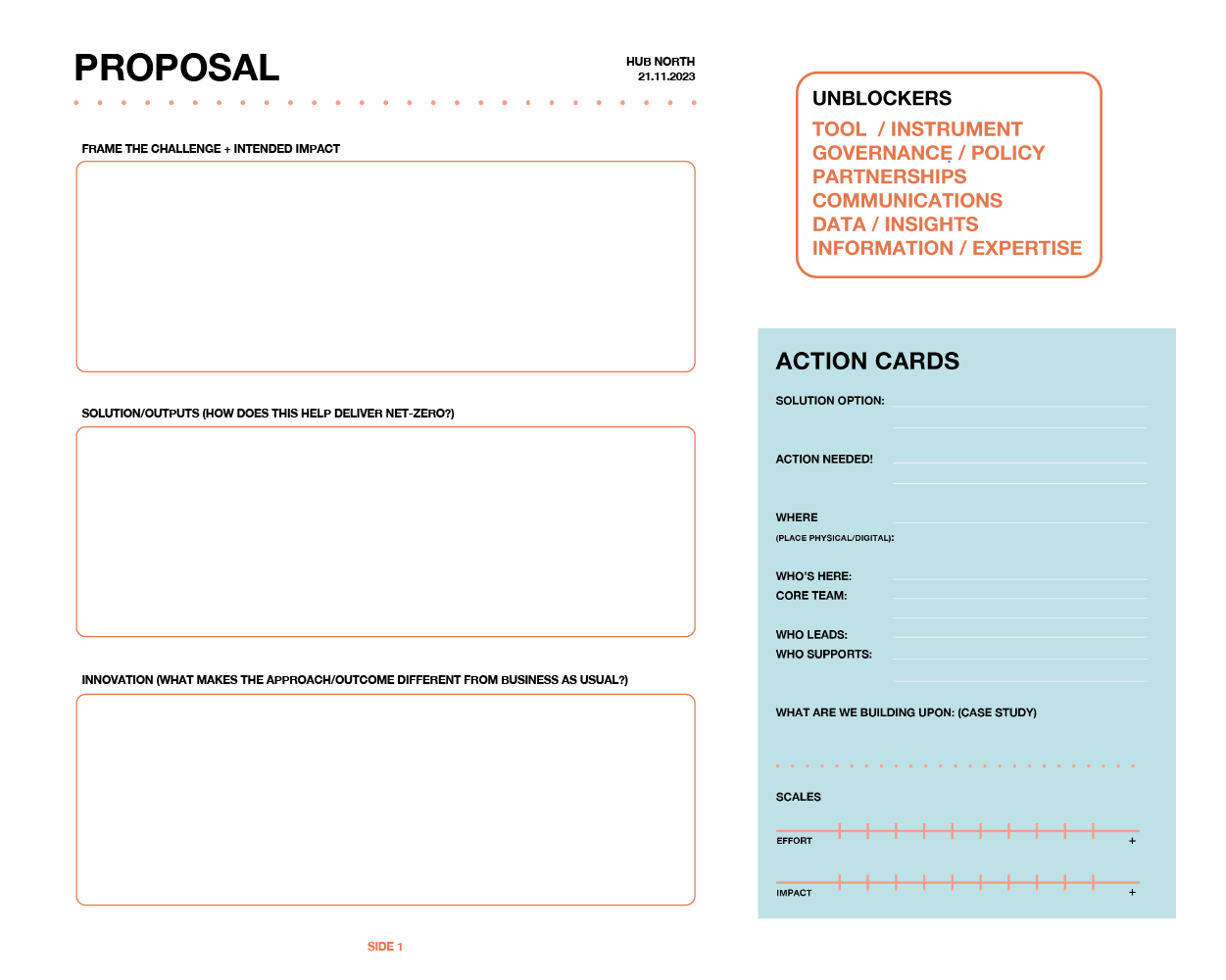BE-ST Net Zero
Strategic Territory Partnership between the Glasgow School of Art - School of Innovation and Technology and BE-ST (Build Environment Smarter Transformation) and Scottish Futures Trust to develop a collaborative sector-wide Net Zero Programme.
Full report here.
Recent journal article here.
The School of Innovation and Technology (SIT) from the Glasgow School of Art (GSA) were commissioned to facilitate a codesign process that brought together Hub North, Scottish Futures Trust (SFT), Local Authorities, blue light services and NHS estates from across the region, along with delivery partners and solution experts.
This collaborative process involved five large-scale creative events running two workshop streams, Net Zero Leadership and Low Carbon Construction, from May to December 2023. The workshops supported cross-sector and territory-wide participation within the development of the Net Zero Programme. The outputs from this workshop series are intended to create the basis for long term collaboration and action, maximising opportunities for successful implementation and creating real value across the region.
Initial ambitions and challenges for meeting net zero across the region provided a starting point for the workshop series. The STPB, Hub North and BE-ST identified a need to better understand the funding landscape and opportunities to target alternative funding using high quality business cases and proposals for joined-up working. Those who participated in the workshop programme have developed four key areas for strategic priority – energy, housing, land, and skills – however, there is recognition that a wider agenda is required to address all needs of the Net Zero Transformation.
Workshop 4 (photos above) was about situating existing capacities and competencies within regional and urban settings - this was done through fictitious narratives that would resonate across localities and therefore be inclusive of the diverse practices that were converging at the tables.
Workshop 5 required tools that would allow stakeholders from across sectors and experiences to collectively vision a potential project proposal which leveraged their distinct contributions and abilities made tangible and evident in the previous workshop. The tools needed for this were to help frame the opportunities existing among them that had been brought to the table during the previously while also allowing for the newly emergent and collective capacity for systemic change within the sector and across the region.






